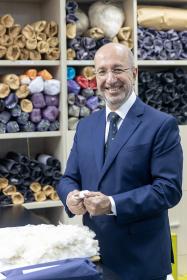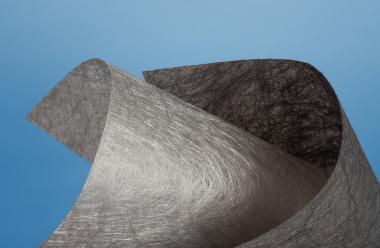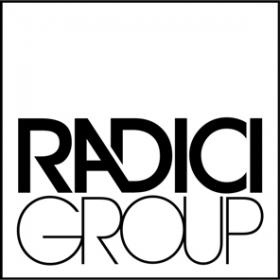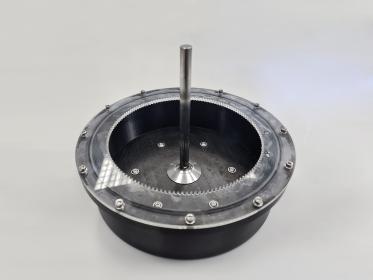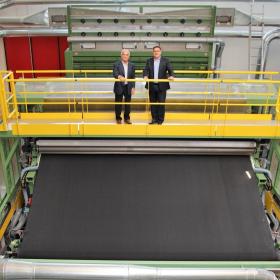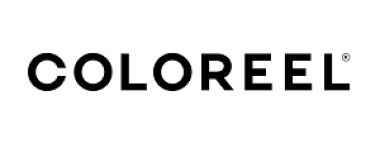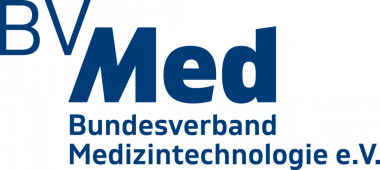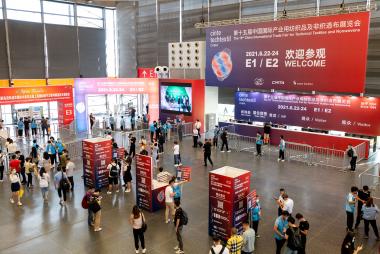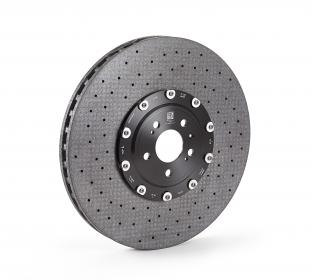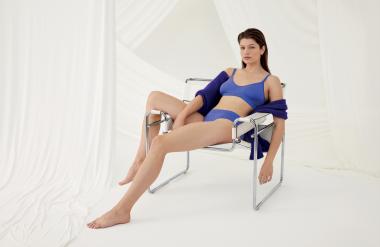Carbios: New textile preparation line for polyester recycling
Carbios, a pioneer in the development and industrialization of biological technologies to reinvent the life cycle of plastic and textiles, inaugurated its textile preparation line at its demonstration plant in Clermont-Ferrand.
To streamline the textile preparation phase, which is currently carried out by hand or on several lines, Carbios has developed a fully integrated and automated line that transforms textile waste from used garments or cutting scraps into raw material suitable for depolymerization with its enzymatic biorecycling process.
The patented line integrates all preparation stages (shredding and extraction of hard points such as buttons or fasteners), and provides Carbios with a high-performance, scalable development tool. The platform will help validate the biorecycling technology for textiles at demonstration plant scale (by 2024), and provides Carbios with expertise in working with collection and sorting operators to specify the quality of textiles and the preparation steps needed to make them suitable for enzymatic recycling.
Carbios









